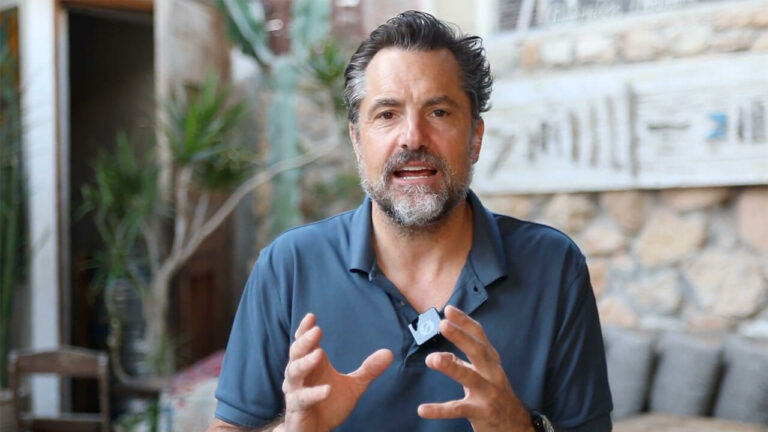
UN Dyslexia Network
UN Dyslexia Network

The (UNDN) is a consortium of non-profit organizations, United NoticeAbility Dyslexia Network schools, and private entities committed to empowering individuals with dyslexia worldwide. The UNDN supports the Sustainable Development Guidelines of the United Nations.
UNDN Core Values
- Our members subscribe to Dyslexia 2.0: A strength-based paradigm with associated challenges
- Our members believe in the collaborative exchange of resources and best practices across the UNDN
- Our members are committed to the collective and are available to UNDN members worldwide
Where We Started

Where We Started
In September 2021, NoticeAbility launched the Magellan Campaign, an 18-month journey to empower students with dyslexia by providing free, in-person workshops, teacher training, and family support programs to communities worldwide. Through the Campaign, we served more than 3,000 beneficiaries in 22 countries. We demonstrated that by increasing teacher capacity and providing access to strength- based programming, students with dyslexia can transcend stigma, preconceived notions, and socioeconomic constraints.

During the Magellan Campaign, NoticeAbility built a cohort of trusted, impactful, and compelling international partners. We recognized that global collaboration could advance the field on an unprecedented scale. We created the UN Dyslexia Network to harness the knowledge and best practices of the collective, building camaraderie, cooperation, and fellowship among those committed to the empowerment of students with dyslexia.


The United NoticeAbility Dyslexia Network supports the UN Sustainable Development Goals.


Goal 4: Quality Education
Ensure inclusive and equitable quality education and promote lifelong learning opportunities for all
Target 4.1
By 2030, ensure that all girls and boys complete free, equitable and quality primary and secondary education leading to relevant and effective learning outcomes
Target 4.3
By 2030, ensure equal access for all women and men to affordable and quality technical, vocational and tertiary education, including university
Target 4.4
By 2030, substantially increase the number of youth and adults who have relevant skills, including technical and vocational skills, for employment, decent jobs and entrepreneurship
Target 4.5
By 2030, eliminate gender disparities in education and ensure equal access to all levels of education and vocational training for the vulnerable, including persons with disabilities, indigenous peoples and children in vulnerable situations
Target 4.a
Build and upgrade education facilities that are child, disability and gender sensitive and provide safe, non-violent, inclusive and effective learning environments for all
Target 4.b
By 2020, substantially expand globally the number of scholarships available to developing countries, in particular least developed countries, small island developing States and African countries, for enrolment in higher education, including vocational training and information and communications technology, technical, engineering and scientific programmes, in developed countries and other developing countries
Target 4.c
By 2030, substantially increase the supply of qualified teachers, including through international cooperation for teacher training in developing countries, especially least developed countries and small island developing States
During the training, students learned valuable skills such as self-awareness, self-management, relationship building, and collaboration, which will help them succeed not only academically but also in their personal lives. It was amazing to witness their growth and transformation throughout the program.
Magellan Campaign Highlights

Magellan Campaign Highlights
2023 Year-End Report
In September 2021, NoticeAbility launched the Magellan Campaign, an 18- month journey to empower students with dyslexia by providing free, in-person workshops, teacher training, and family support programs to communities worldwide. Through the Campaign, we served more than 2,750 beneficiaries in 22 countries. We demonstrated that by increasing teacher capacity and providing access to strength-based programming, students with dyslexia can transcend stigma, preconceived notions, and socioeconomic constraints.
Educator Capacity
Local teachers, tutors, and paraprofessionals are invited to observe NoticeAbility’s courses in action. Our workshops demonstrate how our pedagogy’s social-emotional learning and executive functioning techniques impact students’ self esteem, academic tenacity, and stigma consciousness.
Personalized Learning
NoticeAbility’s courses re-contextualize dyslexia through a strength-based narrative. During our free workshops, local students will explore abridged versions of our semester-long courses. The educators in attendance have the chance to observe how NoticeAbility has designed and delivered its courses.
Family Engagement
NoticeAbility offers engagement seminars to families of students with dyslexia at the end of each workshop. Participants are introduced to dyslexia as a brain-based difference that is not a function of low intelligence, bad parenting, or poor student effort.
Course Portfolio
Designed with support from Harvard University, NoticeAbility’s curricula enable students to access academic content through multiple modalities (video instruction, graphics, illustrated aids & audio presentations) while participate in project-based exercises that foster social-emotional learning and executive functioning skills.










